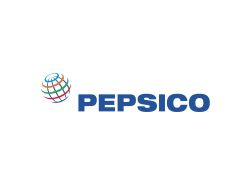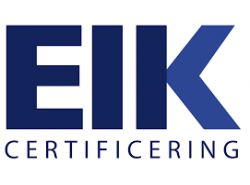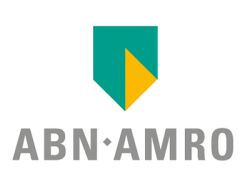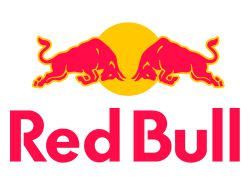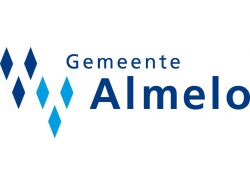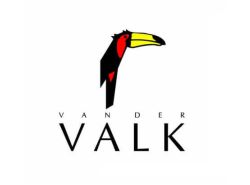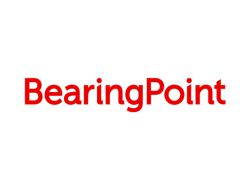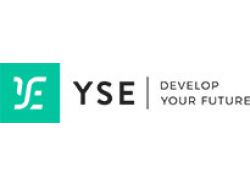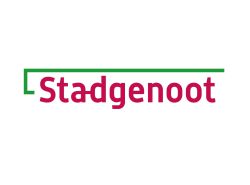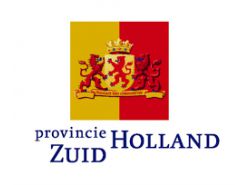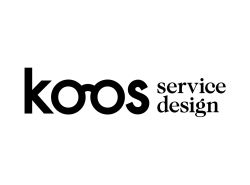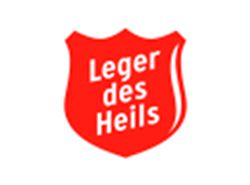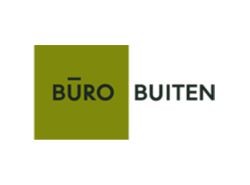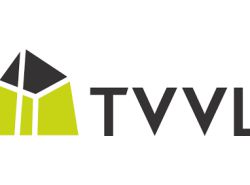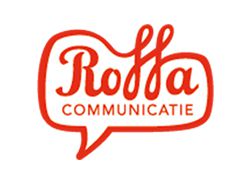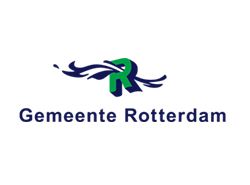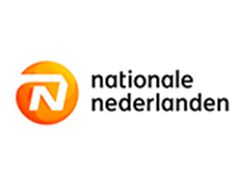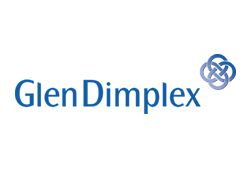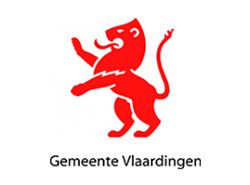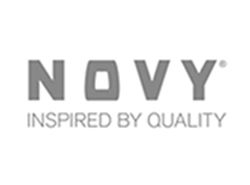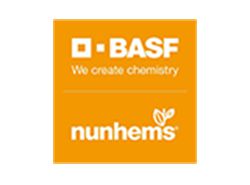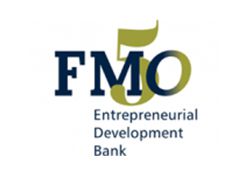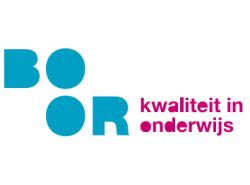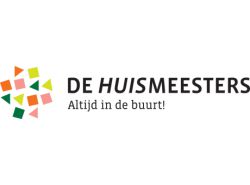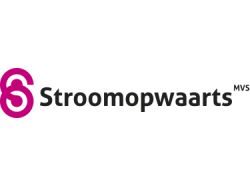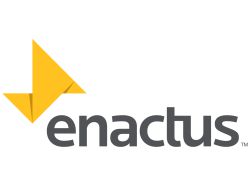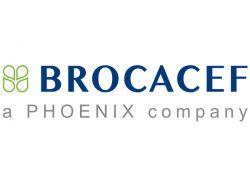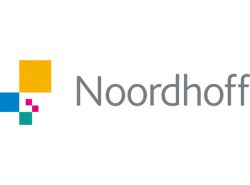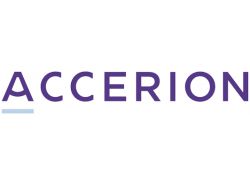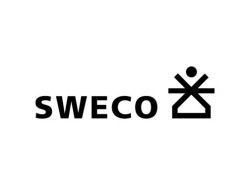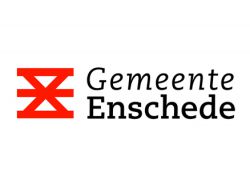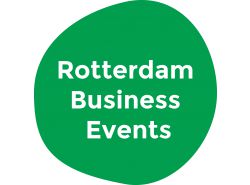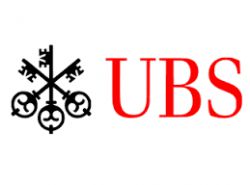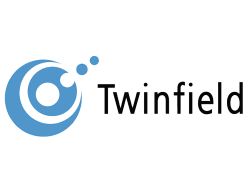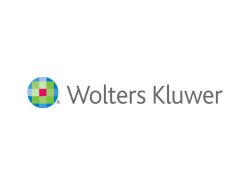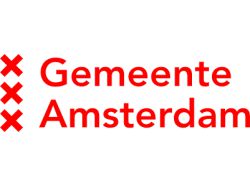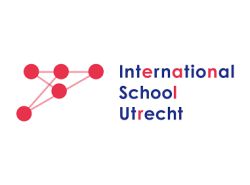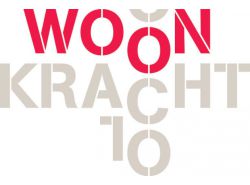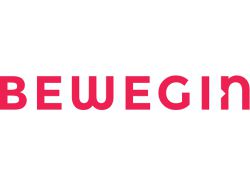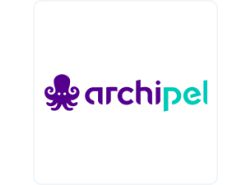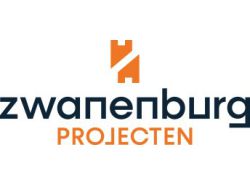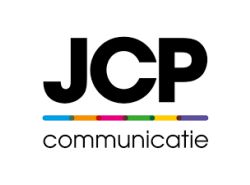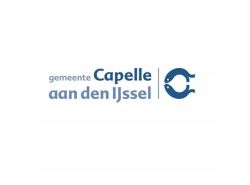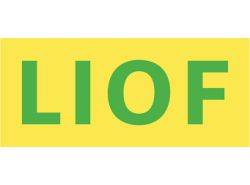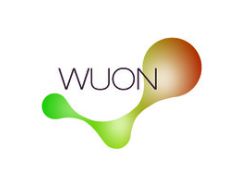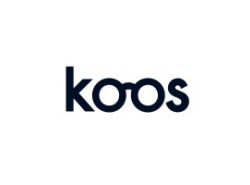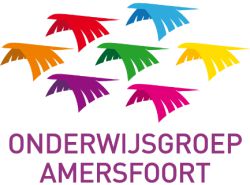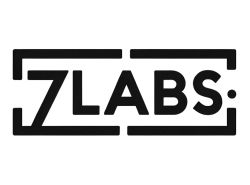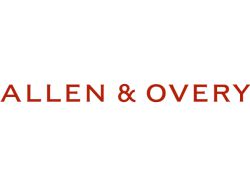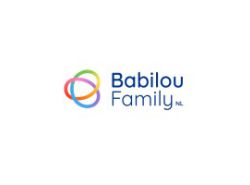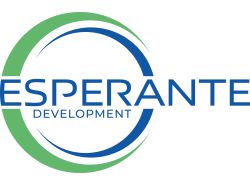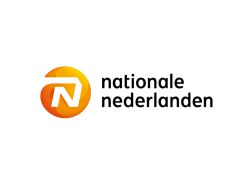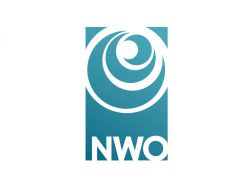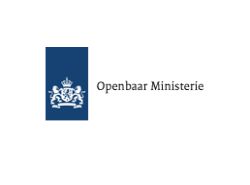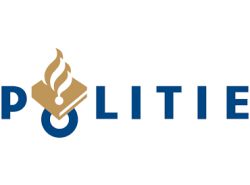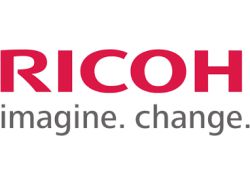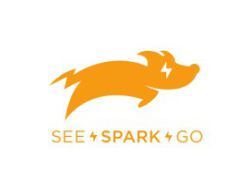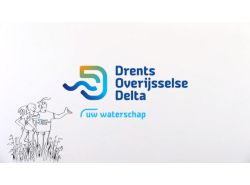Blog: How to create a TEAM?
A team is a group of people aligned to a common vision that they are collectively working towards. A team leverages the strength of numbers, the strength of diversity, and the strength of unity. Teamwork is often seen as a harmonious effort towards success. However, real-life teams encounter common challenges that hinder their effectiveness, productivity and the successful results are not created. But what makes a team effective?And how what does it take from you creating this team? Let's start with exploring the top 4 Key Challenges groups of people encouter that hinders them to work as an effective team:
Top 4 Key Challenges
First, it is important to see what are the five key challenges that we see often in team:
- Trust – lack of trust makes team members hide their weaknesses and mistakes. Trust forms the foundation of effective teamwork. Without it, communication becomes less effective, and collaboration suffers.
- Conflict – fear of conflict lets issues go unresolved, which can lead to resentment and disengagement of team members. Team members act nice but gossip about each other behind their backs. Conflicts tend to not go away on their own, but grow to bigger conflicts!
- Commitment and ownership - lack of commitment let team members to postpone important decisions and fail to align their individual objectives with the team goal and avoidance of ownership leads to team member apologize frequently about not keeping their word and come up with excuses or start pointing fingers.
- Team Results – lack of focus on team results makes team members prioritize personal interests over collective goals, then progress stagnates, and achievements remain elusive.
From group to team
One of the main things we apply in our program to help teams becoming more effective is to distinguish a team from a group. Thinking that a group of people automatically is a team, is one of the biggest mistakes. A team is so much more than that! Let’s dive into the 8 most important topics that in which you can see the difference between a group and a team.
- Objectives
The objective of a group is often based on common interests, which can be broad and diverse. In contrast, a team is united by a specific, well-defined goal, a shared vision. This team vision provides clear direction and ensures that all team members are working towards the same end.
- Achievements
In groups, achievements are usually judged on individual performance, which can foster competition among members. Teams, however, evaluate success based on collective achievements. This focus on the team's overall performance promotes unity and encourages members to support each other.
- Commitment
Commitment levels in a group tend to vary, influenced by individual interests and motivations. However, in a team, commitment is consistently high because each member's contribution is crucial. The indispensable nature of each role fosters a deeper sense of responsibility and dedication among team members.
- Task Distribution
In a group, tasks are often distributed equally, without considering individual strengths or skills. Teams, on the other hand, assign tasks based on each member's abilities and expertise. This approach ensures that activities are carried out efficiently and effectively, leveraging the unique skills of each team member.
- Leadership
Leadership in a group typically involves a coordinator who ensures tasks are completed. In a team, first of all every member shows personal leadership in communicating and working together. Knowing themselves and the others. Making it possible to even work without a manager. If there is a manager he/she acts as a performance coach, creating leadership in others, by delegating, providing feedback and coaching, rather then a hierarchial boss making decision for people.
- Evaluation
Groups are rarely evaluated continuously; assessments often focus on final results without ongoing feedback. Teams engage in continuous self-assessment, allowing for flexibility and ongoing improvements. Feedback in a team is a 24/7 process instead of a monthly or half-yearly obligation. This iterative process helps the team adapt and grow, ensuring that all members contribute to the common good.
- Synergy
One of the most vital elements of a team is the synergy that develops among its members. Synergy is about 2 people creating together an out of the box solution (1+1=3), that would have never been possible by 2 individuals working alone/next to each other (1+1=2). Trust, connection, mutual support, and a win-win mentality are necessary for a group of people to move to the level of a team. This synergy creates a strong, cohesive unit where members work seamlessly together.
- Competition
In teams, competition is about self-improvement and excellence. Members focus on how they can contribute more and enhance their skills. This self-driven competition fosters cooperation and a desire to belong. In contrast, groups often foster competition against others, leading to a desire to stand out, which can result in feelings of isolation.
Conclusion
Understanding and applying the differences between teams and groups can significantly enhance collaboration, leadership, and achievement. Whether in professional settings, schools, or personal relationships, fostering a team spirit is crucial for collective success and growth. All the 8 topics seem so logical, yet we don't use them automatically, because they require personal development and steps outside of your comfort zone.
Want to know more about these concepts and how to work with them in your team? In our ‘Grow as a team’ program we will train the teammembers the concept of teamwork, which can profoundly impact their relationships and communication. In a team setting, employees learn to compete with themselves, striving for personal growth and excellence, rather than competing against others. Do you want to start growing your team to start growing as a team? Contact us to discover the possibilities for your team!


